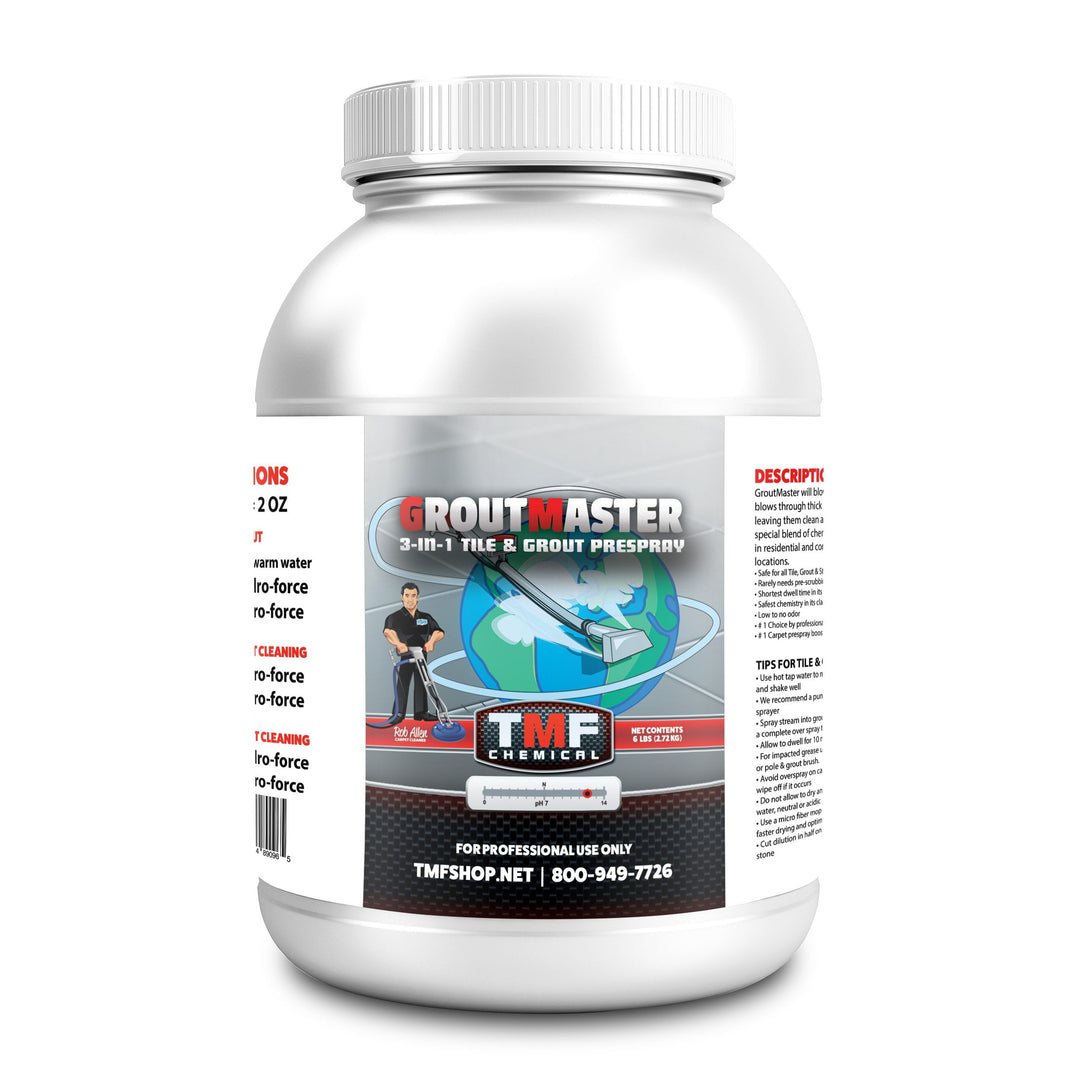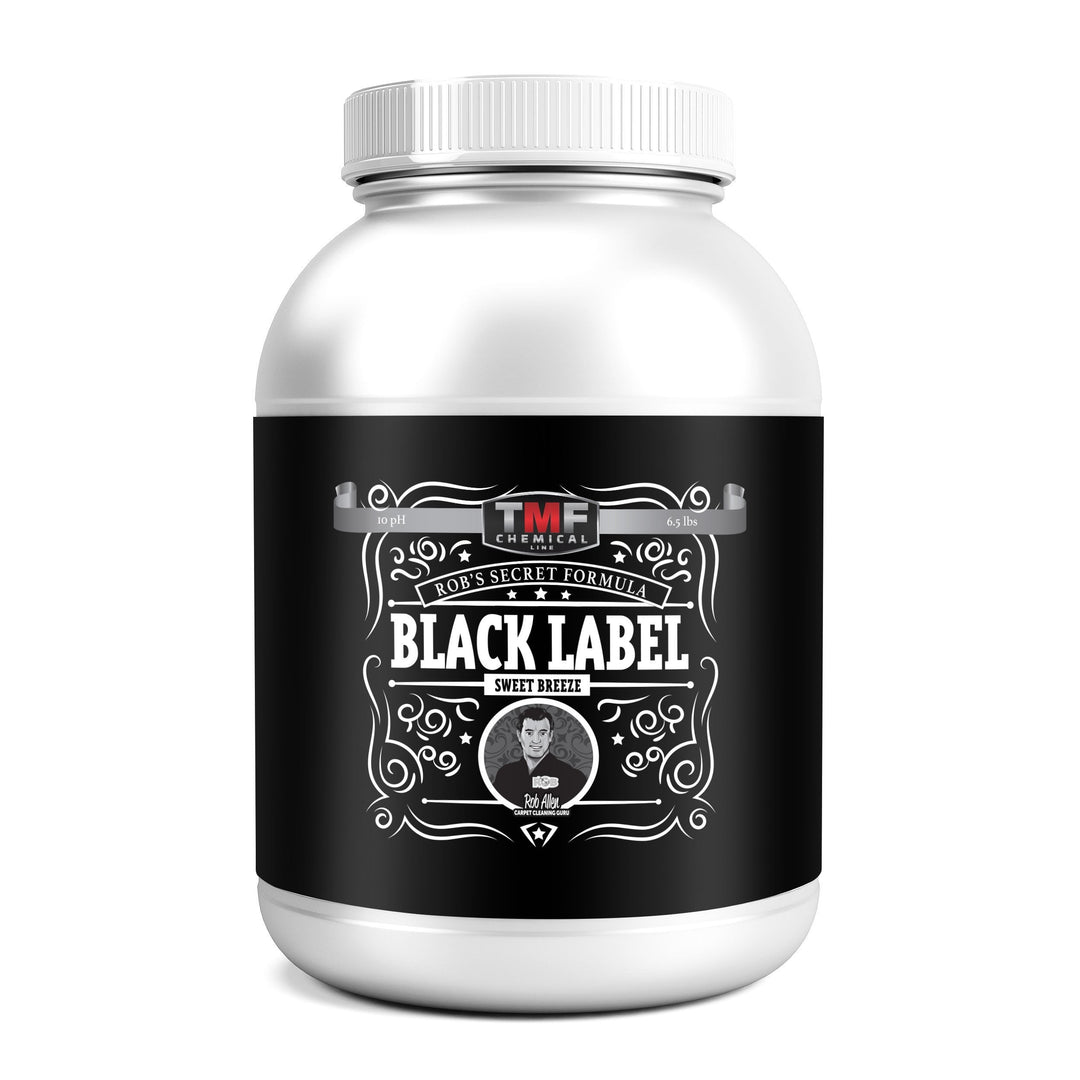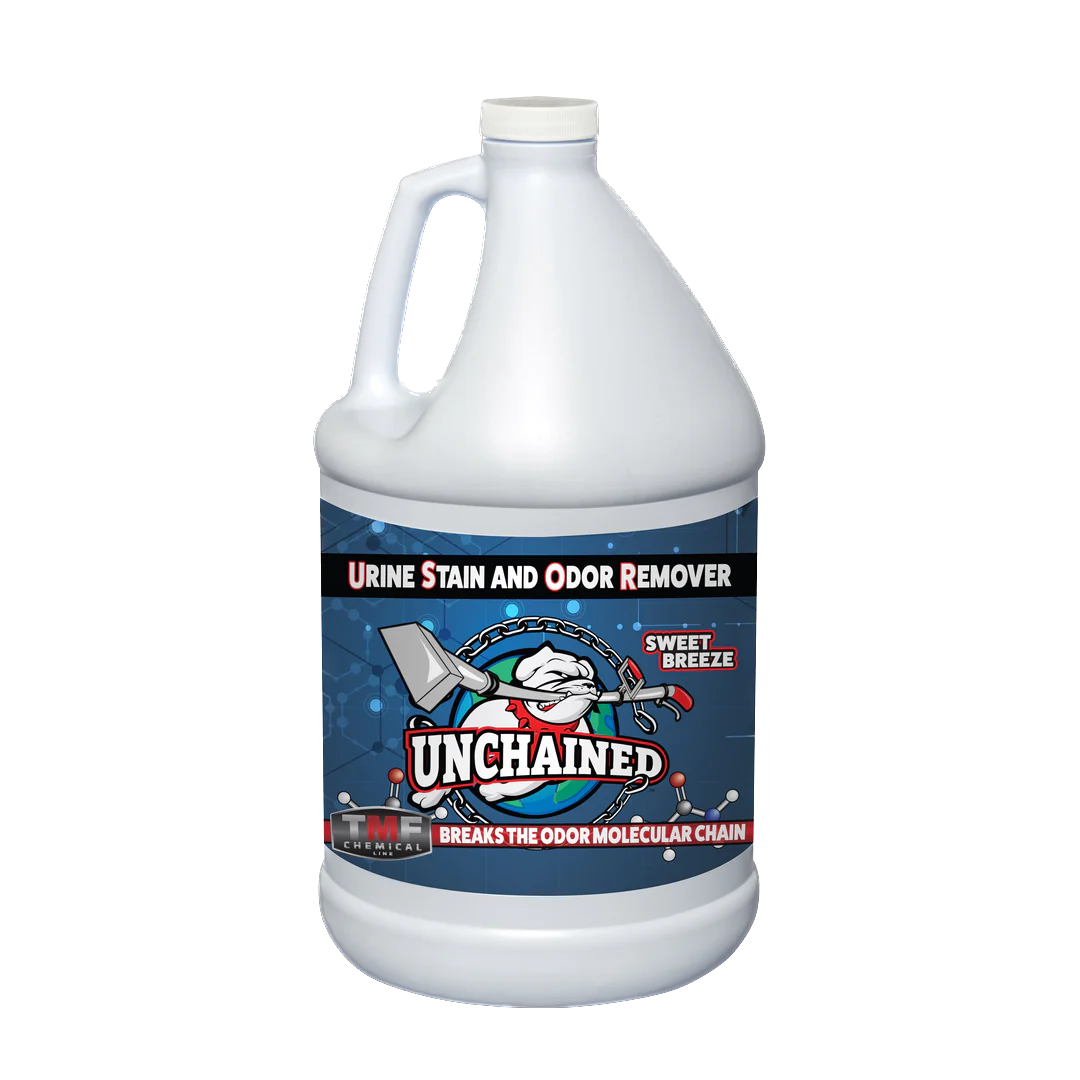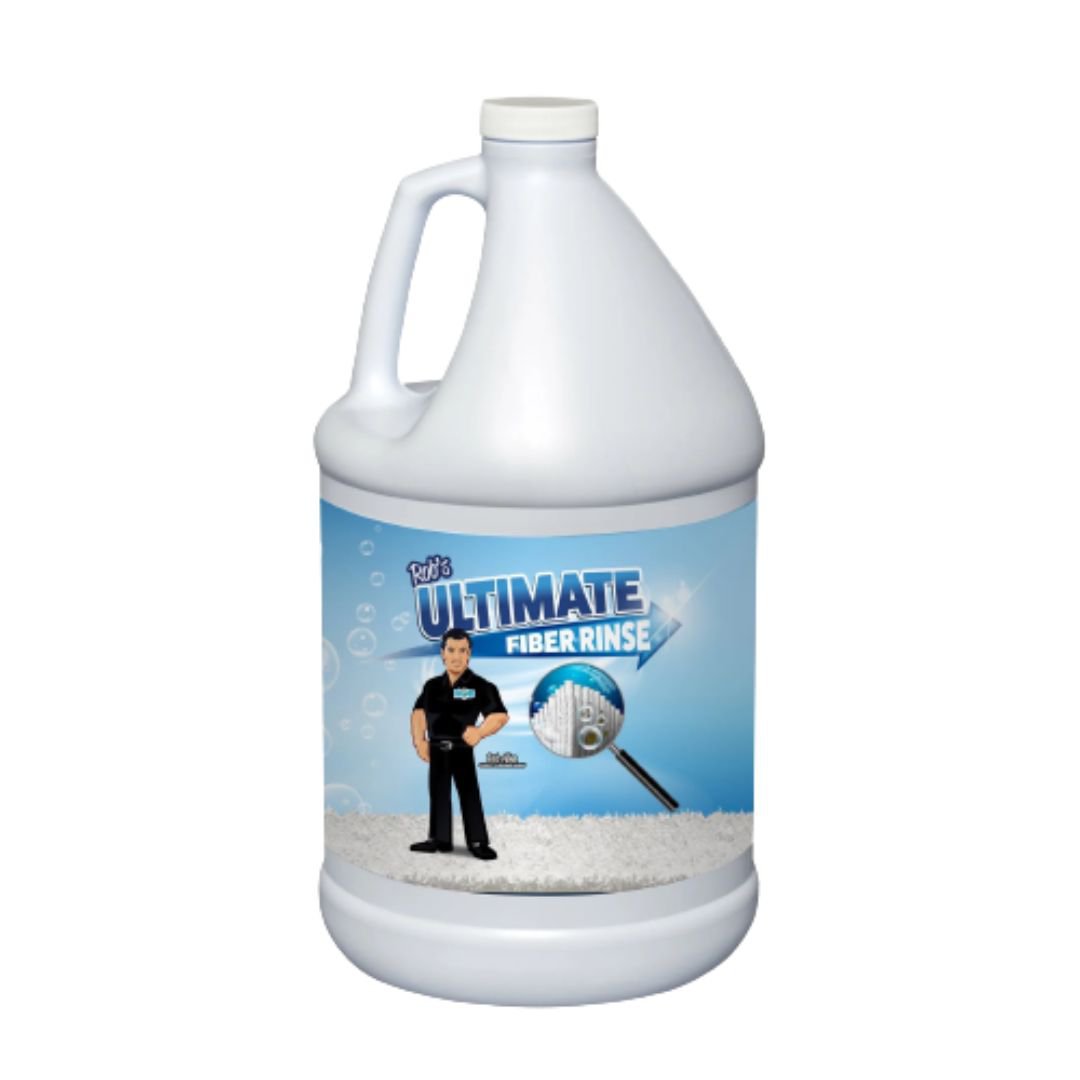How to Get Berry Stains Out of Wood
Wooden furniture and floors are a stunning addition to any home. But sometimes stains are unavoidable, and this includes berry stains. If you've spilled berry juice on a wooden table or cutting board, then you'll know the pain of having to clean it up.
Because berries have bright colors and natural dyes, removing this sticky residue from wood furniture or floors can be a challenge. With our practical knowledge, we can teach you how to get berry stains out of wood.
So, if you've found yourself with a tough stain on your hands, then read our guide below.
What this article covers:
- Identifying the Stain
- Preparing the Wood Surface
- Surface Stain Removal
- Penetrating Stain Removal
- Deep Stain Removal
Identifying the Stain
Types of Stains
From our experience, you can divide berry stains into three main types:
- Surface stains: Surface stains only affect the top layer of the finish or sealant on the wood. They are easy to get off and you usually don't need to use any harsh chemicals.

- Penetrating stains: Penetrating stains happen when the berry juices get past the finish on the wood and into the wood fibers below. These stains can be harder to get rid of because they may need stronger cleaners or a little sanding.
- Deep stains: Deep stains are the worst because they have gone through the wood's surface, finish, and fibers, and may have even reached the core. These spots are the hardest to get rid of, and you may need to sand, restore, or even call an expert.
Preparing the Wood Surface
Before starting to remove a stain, you need to make sure that you properly prepare the wood surface to get the best results. Whether you’re cleaning an oil stain out of wood or removing ink from wood, it’s always vital to do this first.
Clear the Stained Area
Remove any objects or other things that are in the damaged area. Make sure that there are no furniture, rugs, or decorations in the area around the spot.
Be sure to protect surrounding surfaces. For anything that you can't move, cover them with a drop cloth or plastic sheet. This will keep them from getting damaged or stained by chance while you clean.
Lightly Sand the Surface (if Needed)
If the stain looks like it's going deep into the wood, you might need to lightly sand the area before you use any cleaning products. This can help make the wood threads more visible and make it easier for the cleaner to get to the stain. Follow these steps to sand the surface:
- Use sandpaper with a fine grain (between 220 and 320 grit) so you don't damage the wood.
- Lightly sand the damaged area in the direction of the wood grain. Be careful not to press too hard or sand too deeply, as this could cause more damage to the wood.
- After sanding, use a soft brush or cloth to remove any dust or other debris from the area.
Clean the Surface with a Damp Cloth
Before you use any stain removal products, you should clean the wood surface to get rid of any dust, dirt, or other particles that could get in the way.
Surface Stain Removal
To remove berry stains that are just on the surface, you'll usually only need a mild cleaning method. You can use one of the following three methods:
Method 1: Mild Dish Soap & Water
Mix the Cleaning Solution
Mix a few drops of mild dish soap with warm water in a small bowl to make a washing solution.
Apply the Solution
Put some of the soapy solution on a soft, lint-free cloth and gently rub it on the stain. Don't rub or scrub the wood, as this could damage the shine.
Wipe Down the Area
Wipe away the soap residue and the spot that came off with a clean, damp cloth. Then, wipe the area with a dry cloth to get rid of any leftover wetness.
Method 2: Vinegar & Baking Soda Solution
Create a Vinegar Mix
In a small jar, mix equal amounts of white vinegar and water.
Apply the Vinegar Solution to the Stain
Put some of the vinegar solution on a soft cloth and gently rub it on the stain.
Sprinkle Baking Soda
Lightly sprinkle baking soda on the spot that you've treated with vinegar. This will make a slightly rough, thick paste and can help get the stain off.
Scrub Gently
Use an old toothbrush or a brush with soft bristles to gently scrub the area in a circular motion.
Wipe the Area
Rinse the brush or cloth, then wipe away the mixture of baking soda and vinegar.

Method 3: Specialized Wood Cleaning Products
Choose a Stain Remover
Find a wood stain remover that is made for surface stains.
Follow the Directions for the Product
Carefully read and follow the instructions on the packaging. This could mean mixing the product with water or putting it on the spot straight.
Apply the Solution
Apply the cleaning solution to the damaged area with a soft cloth or sponge. Let the product sit for the specified amount of time.
Wipe the Area Clean
After the appropriate time has passed, wipe away the cleaning solution and the spot with a clean, damp cloth. To finish, wipe the area with a dry cloth to get rid of any leftover water.
If a stain remains after using one of these methods, you can try one of the more intensive methods listed below.
Penetrating Stain Removal
If the berry color has gotten into the finish of the wood, you'll need to use stronger cleaners to get it out. Here are two good ways to get rid of penetrating stains:
Method 1: Oxalic Acid Solution
Use Safety Precautions
Oxalic acid is a strong cleaner, but it can be dangerous if used incorrectly. Make sure to wear rubber gloves and eye protection and work in a well-ventilated area.
Mix the Solution
Mix 1 tablespoon of oxalic acid pebbles with 1 cup of warm water in a non-metal bowl. Stir the liquid until all of the crystals are gone.
Apply the Solution to the Stain
Put the oxalic acid solution on the spot softly with a soft, lint-free cloth or sponge. Let the solution sit for ten to twenty minutes, or until the spot is gone.
Neutralize the Acid
Once the stain has lightened, blend 1 cup lukewarm water and 1 tablespoon baking soda. Use a damp cloth or sponge to neutralize the oxalic acid with this solution.
Rinse & Dry the Area
Wipe the area with a clean, wet cloth to remove any remaining solution. Then use a dry cloth to remove any remaining dampness from the surface.
Method 2: Stain Remover
Choose a Wood Stain Remover
Find a specialized wood stain remover specifically designed for penetrating stains. Ensure that the product is suitable for your wood type and finish.
Follow the Product Instructions
Find the instructions on the product's packaging and follow them carefully.
Apply the Stain Remover
Apply the stain remover on the spot with a soft cloth, sponge, or brush. Let the product sit for the amount of time that the directions say to.
Wipe the Area Clean
When enough time has passed, use a clean, damp cloth to wipe away the stain remover and the stain that has come off. To finish, wipe the area with a dry cloth to get rid of any leftover water.
Repeat as Necessary
For stains that are hard to get rid of, you may have to repeat the process until the stain is gone. For each use, make sure to follow the product's directions.
If the stain persists, then you might need to move on to the deep stain removal method.
Deep Stain Removal
For deep berry stains that have penetrated the wood's surface, finish, and fibers, you might need a more intensive method. Deep stain removal is useful for a number of different kinds of stains, whether you’re dealing with berry stains, getting grease out of wood, or removing black stains from wooden furniture.
Gather Tools & Materials
To sand and refinish the wood, you'll need the following items:
- Fine-grit sandpaper (120, 180, and 220 grit)
- Sanding block or electric sander
- Soft brush or cloth
- Wood stain or finish (matching the original color)
- Paintbrush or foam applicator
- Clean, lint-free cloths
Sand the Surface
Begin with Low-Grit Sandpaper
Start with the coarsest sandpaper. Using 120-grit sandpaper, slowly sand the damaged area in the direction of the wood grain. Apply even pressure to avoid gouging the wood.
Progress to Higher-Grit Sandpaper
After removing the stain with the 120-grit sandpaper, switch to the 180-grit and then the 220-grit sandpaper to smooth the surface and prepare it for refinishing.
Clean the Sanded Area
Use a soft brush or cloth to remove any dust or debris from the area.
Apply a Wood Finish
Select an Appropriate Wood Finish
Choose a stain or finish for the wood that is the same color and finish as the original one.
Apply the Wood Finish
Follow the guidelines on the product and use a toothbrush or foam tool to apply the wood finish to the area that has been scraped. Use thin, even coats of the finish and work in the direction of the wood grain.
Allow the Finish to Dry
Let the finish dry for the amount of time that the directions say to. If you need to, add more coats until you get the color and finish you want.
Buff the Surface
Once the finish is dry, use a clean, lint-free cloth to gently buff the surface.
Conclusion
While cleaning berry stains on your wood surfaces might sometimes take a little elbow grease, they don't have to be the end of the world. From mild solutions for mild stains to more intensive methods for deep stains, we have you covered.
Just remember to take precautions when cleaning and always choose the correct cleaning products. With our expertise and experience, that shouldn't be too difficult. We have a wide range of cleaning solutions on offer, from carpet cleaning supplies to anything else you might need.
Did you find our blog helpful? Then consider checking other guides:
- How to Get Water Stains Out of Wood in Minutes
- How to Remove Stain from Wood Furniture
- How to Remove Smoke Smell from Wood Furniture
- How to Remove Odors from Wood Furniture
- How to Get an Alcohol Stain out of Wood
- How to Get Blood out of Wood
- How to Remove Hand Oil from Wood Furniture
- How to Remove Paint Stains from Wood Furniture
- How to Clean Wood Walls
- How to Clean Mahogany Furniture
- How to Clean Cherry Wood Furniture
- How to Clean Oak Furniture
- How to Clean Teak Furniture Like a Pro
- Best Machine to Clean Wood Floors
- How to Clean Cherry Wood Floors












